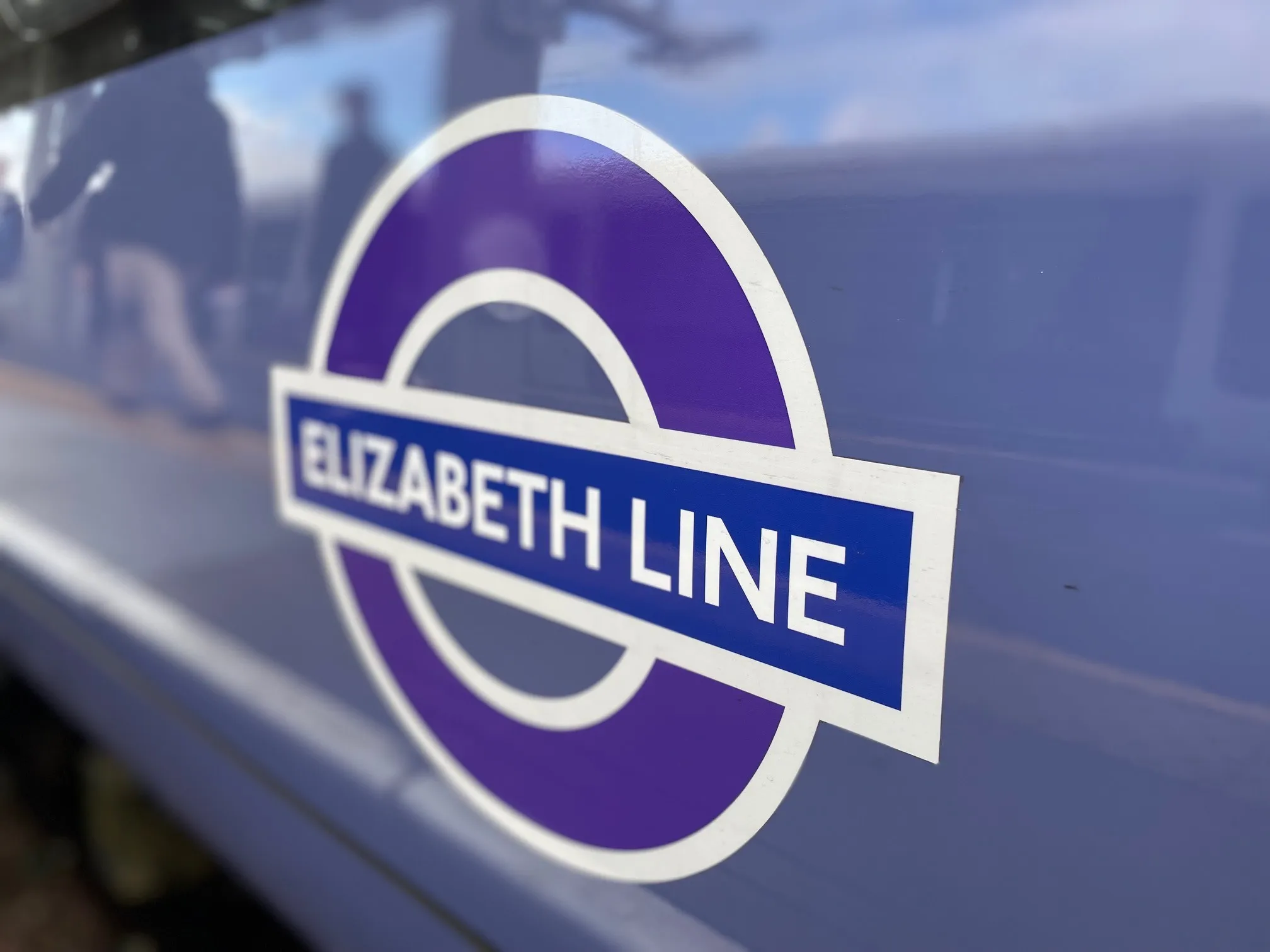The UK government’s plans to support the country’s burgeoning high-tech industry, centred on London, Cambridge and Oxford, are being facilitated by the Department for Transport (DfT) and its plans for a fully integrated transport network linking each of the three core technical clusters, as well as the wider technical community.
The DfT is developing proposals for the construction of a new railway line from Bedford to Cambridge. This would build on the ongoing work on the east-west rail project and compl
December 9, 2013
Read time: 2 mins
The UK government’s plans to support the country’s burgeoning high-tech industry, centred on London, Cambridge and Oxford, are being facilitated by the 1837 Department for Transport (DfT) and its plans for a fully integrated transport network linking each of the three core technical clusters, as well as the wider technical community.
The DfT is developing proposals for the construction of a new railway line from Bedford to Cambridge. This would build on the ongoing work on the east-west rail project and complete the London-Cambridge-Oxford tech triangle.
Once both of these lines are completed they will allow for fast direct rail services between Cambridge and Oxford for the first time in a generation.
The government is already committed to a huge expansion of the existing railway; a US$62 billion spending programme between 2014 and 2019 will improve and maintain the national network.
From 2019 the new Thameslink and Crossrail services will improve access from London to the other tech clusters but also to Heathrow, Gatwick and Luton airports; a proposed new station in Cambridge will provide access to the SciencePark and tech locations cutting journey times; in Oxford the total rebuild and expansion of the existing station and new bus station will again significantly improve access to tech locations within the city; from 2018 the Thameslink scheme allows for direct trains between Farringdon and City Thameslink within London and Cambridge and improves service to3249 Gatwick Airport; and the electrification of the Great Western Mainline which allows for the new Super Express to be operational by 2017 will reduce journey times and improve services between London to Oxford and beyond.
The DfT is developing proposals for the construction of a new railway line from Bedford to Cambridge. This would build on the ongoing work on the east-west rail project and complete the London-Cambridge-Oxford tech triangle.
Once both of these lines are completed they will allow for fast direct rail services between Cambridge and Oxford for the first time in a generation.
The government is already committed to a huge expansion of the existing railway; a US$62 billion spending programme between 2014 and 2019 will improve and maintain the national network.
From 2019 the new Thameslink and Crossrail services will improve access from London to the other tech clusters but also to Heathrow, Gatwick and Luton airports; a proposed new station in Cambridge will provide access to the SciencePark and tech locations cutting journey times; in Oxford the total rebuild and expansion of the existing station and new bus station will again significantly improve access to tech locations within the city; from 2018 the Thameslink scheme allows for direct trains between Farringdon and City Thameslink within London and Cambridge and improves service to








